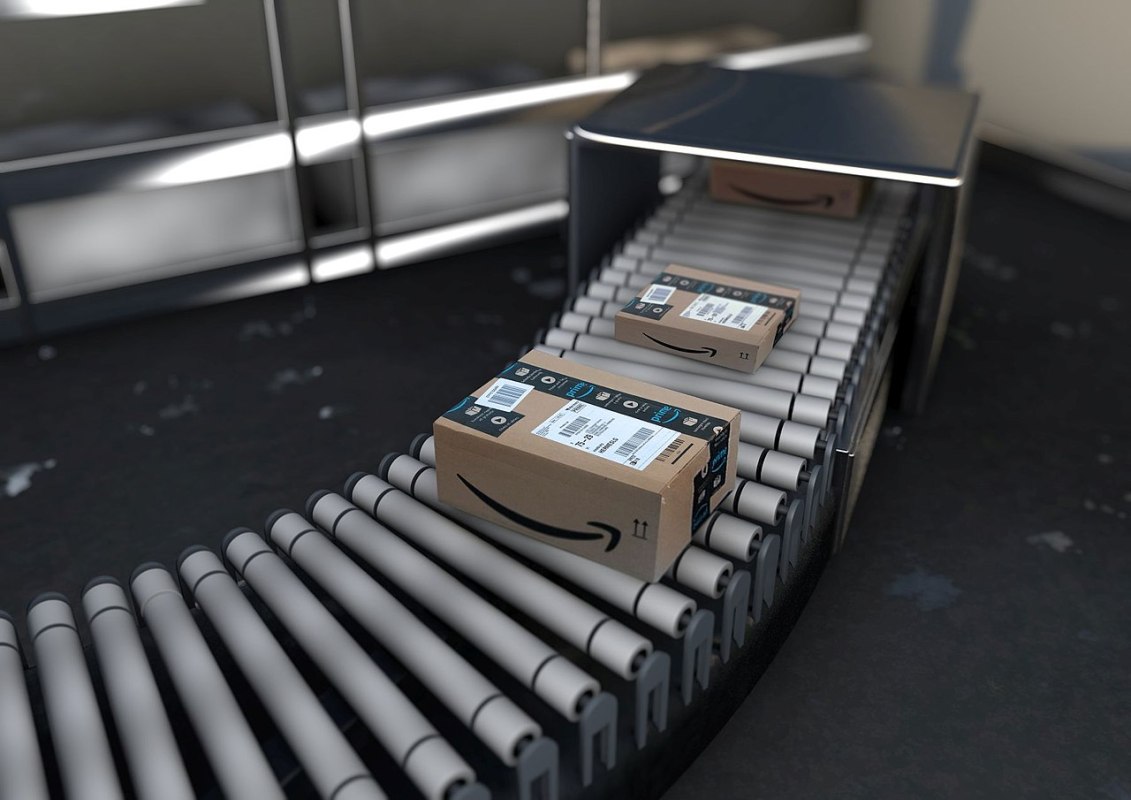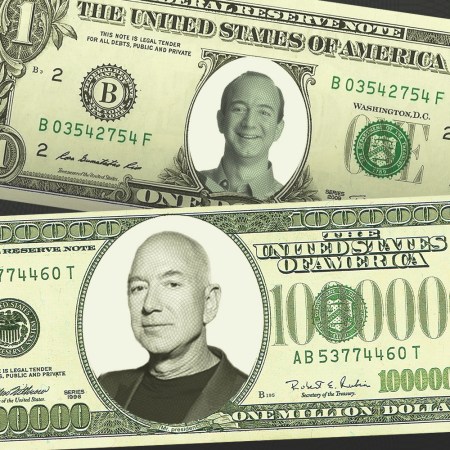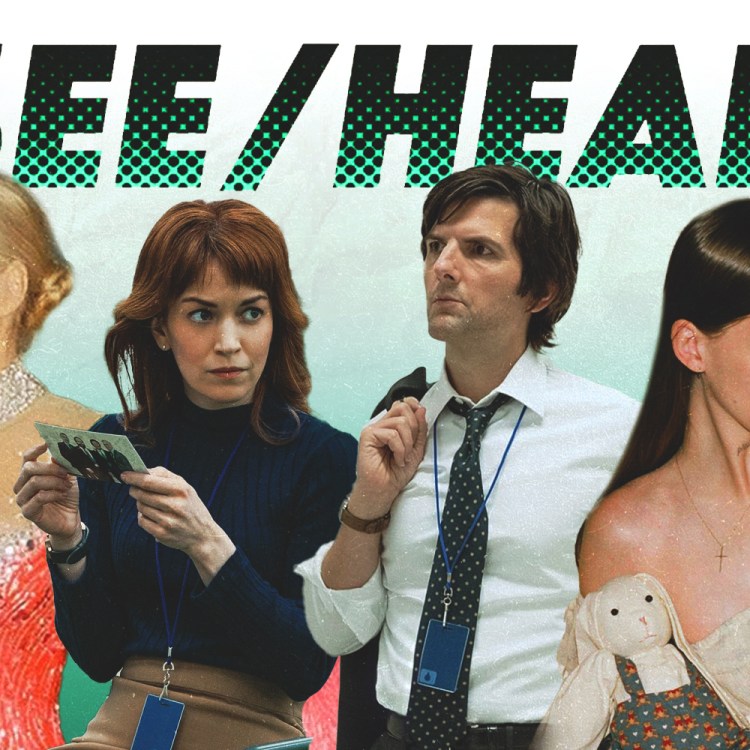When you buy something that doesn’t work as advertised, or is defective or broken, the remedy is usually simple: either take it back to the store where you purchased it or return it to them online. But what if that store doesn’t accept liability, and you’re left with no course of action?
That’s the dilemma described in a new article by Colin Lecher at The Verge. It opens with the harrowing story of Wendy Weintraub, whose house sustained major damage from a fire started by a hair dryer she bought on Amazon. The incident was covered by her insurance, but the company has since sued both the maker of the hair dryer and Amazon to reimburse its costs — and there’s where things get complicated.
To date, Lecher writes, Amazon has argued that it’s an intermediary in many sales, helping to connect a buyer and seller without actually being anything more.
The argument has given Amazon a crucial legal defense, allowing it to completely sidestep the liability that conventional retailers face. For the most part, courts have been satisfied by the claim, and Amazon has been able to expand its third-party seller business into hundreds of billions of dollars in sales.
If that hands-off stance sounds familiar, it’s because it’s come up in a number of other controversies lately. A recent Recode article by Rani Molla explored the world of user-generated videos available on Amazon Prime Video — which include some espousing dodgy conspiracy theories and venturing into objectionable territory.
This isn’t an uncommon thing for video platforms, but it’s more to be expected on a platform like YouTube. As Molla writes, Amazon “presents itself as a Netflix competitor, and that might lead its users to believe that the content on the platform has been vetted.”
Amazon’s use of third-party sellers has also led to a rise in the selling of counterfeit books, as reported by The New York Times last year. As David Streitfeld wrote at the time:
… Amazon takes a hands-off approach to what goes on in its bookstore, never checking the authenticity, much less the quality, of what it sells. It does not oversee the sellers who have flocked to its site in any organized way.
It seems to be a case of a company wanting to have it both ways: a massive network of sellers allows it to have a larger reach and, sometimes, to tout prices from third-party sellers that are lower than Amazon’s own prices. But when it comes to criticism or liability, the role of third parties can shift to a means of blocking liability. You might notice some similarities between this and, say, Amazon’s response to criticism of their delivery drivers.
The ramifications of several legal cases may well alter how and what Amazon sells — or who ends up selling goods via Amazon. Or it might end up as another footnote in the retail juggernaut’s history, which might be more alarming than anything else.
Subscribe here for our free daily newsletter.
Thanks for reading InsideHook. Sign up for our daily newsletter and be in the know.

















